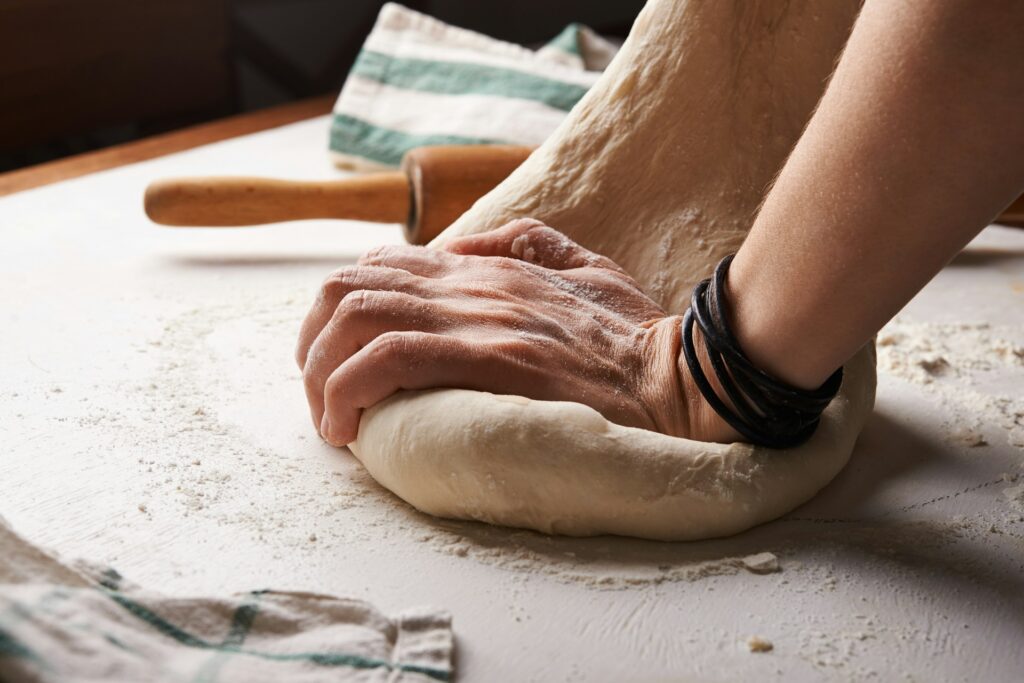For those passionate about creating artisanal baked goods, every component, from the choice of ingredients to the baking techniques, is crucial in delivering the perfect taste and texture beloved by customers. One essential, yet often overlooked, aspect of the process is the composition of the water used when making dough — a factor that can significantly impact the quality, taste, and consistency of the finished product.
Water composition, including mineral content, pH balance, and total dissolved solids (TDS), can vary drastically from one geographical location to another. These variations can lead to inconsistencies in both the appearance and flavor of your bakery’s offerings, leaving customers with a less-than-satisfactory experience.
This is where water replication technology comes into play, offering the ability to control and reproduce a precise water composition ideal for your desired dough characteristics. By embracing this innovative approach, you can guarantee the outstanding quality, taste, and consistency your artisanal bakery is known for, regardless of water source or location.
In this comprehensive and engaging blog post, we will explore the importance of water composition in creating the perfect dough for artisanal baked goods and uncover the transformative potential of water replication technology. Together, we will walk through the benefits, applications, and best practices for incorporating this revolutionary solution into your baking process, ensuring that every loaf, pastry, or bagel you produce consistently delights the senses.
Understanding the Impact of Water Composition in Dough Making
To fully grasp the potential benefits of water replication technology, we must first recognize the critical ways in which water composition affects the dough making process for artisanal baked goods:
- Hydration and Texture: The mineral content and pH balance of water can influence the protein structure in the dough, impacting gluten development, dough elasticity, and overall texture of the finished product.
- Flavor Enhancement: Water composition can alter the interactions between various ingredients, accentuating or diminishing the flavors within your baked goods.
- Fermentation Process: A balanced water composition is essential for optimal yeast activity and fermentation, further influencing the taste, texture, and aroma of your artisanal baked items.
Unleashing the Benefits of Water Replication Technology for Artisanal Baked Goods
Employing water replication technology in the dough-making process can yield substantial advantages, contributing to exceptional quality and consistency in your artisanal bakery:
- Consistent Taste and Quality: By controlling water composition, we can ensure our baked goods maintain the same delicious taste and exceptional quality across different locations and water sources.
- Enhanced Flavor: Water replication technology allows us to optimize water parameters to complement the specific needs of our recipes, bringing out the best flavors, aromas, and textures in the finished products.
- Customizable Dough Profiles: By adjusting water composition, we can create special dough profiles suited for a wide range of artisanal baked goods, setting our bakery apart from competitors.
Integrating Water Replication Technology in Your Artisanal Baking Process
Effectively incorporating water replication technology into the dough-making process can be simple yet highly impactful:
- Assess Your Current Water Composition: Begin by evaluating the water profile influencing your dough, identifying minerals, pH levels, and TDS that could impact the taste and quality of your artisanal baked goods.
- Discover Optimal Composition: Conduct research to determine the ideal water composition for your specific dough recipes, taking into account factors such as desired texture, flavor profile, and ingredient interactions.
- Implement Water Replication: Introduce water replication technology to your bakery’s water system to achieve the targeted water composition, ensuring consistently high-quality dough for all your artisanal baked goods.
Advantages of Water Replication Technology for a Flourishing Artisanal Bakery
Embracing water replication technology can significantly enhance your artisanal baking endeavors, providing an array of notable benefits:
- Superior Customer Experience: By consistently offering top-quality, flavorful baked goods, you can create a loyal customer base who cherishes your bakery’s commitment to excellence and craftsmanship.
- Consistent Brand Reputation: By controlling water composition to maintain a consistent product, you can establish and maintain a strong brand identity built on reliability, quality, and expertise.
- Competitive Edge and Innovative Appeal: Adopting water replication technology showcases your artisanal bakery as an industry innovator, committed to utilizing groundbreaking solutions to enhance the customer experience.
Revolutionize Your Artisanal Bakery with Water Replication Technology
The power to create unparalleled artisanal baked goods that consistently impress and satisfy lies in understanding the critical role of water composition in the dough-making process. By harnessing the innovative capabilities of water replication technology, you can take full control of this often-overlooked aspect, ensuring each loaf of bread, pastry, or bagel you produce consistently delights your customers and leaves a lasting impression.
Are you passionate about delivering exceptional baked goods and want to take your artisanal bakery to the next level? Then invest in water replication technology today with New York WaterMaker! Our cutting-edge technology ensures that your bakery always has access to the highest quality water, leading to superior product quality and taste. With our knowledge, tools, and support, we’ll help you refine your craft and establish your bakery as a leader in the industry. Contact us now to learn more about water replication for food quality.

